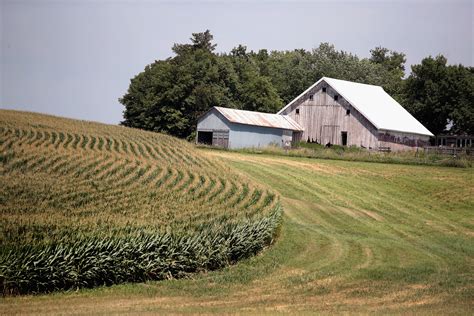By Theodore Bunker
House legislators are working on a bill to prevent foreign purchases of agriculture real estate as Chinese firms continue their attempts to purchase farmland and major agricultural businesses, according to Politico.
The Department of Agriculture reports that by the beginning of 2020, about 192,000 American agricultural acres, worth about $1.9 billion, were owned by Chinese firms or individuals. However, China isn’t the only country to buy up farmland in the United States, millions of acres of American farmland are owned by people in Canada and various European nations.
“The current trend in the U.S. is leading us toward the creation of a Chinese-owned agricultural land monopoly,” Rep. Dan Newhouse, R-Wash., said during a hearing for the House Appropriations Committee.
Newhouse submitted an amendment to the Agriculture-FDA spending bill preventing any companies that are entirely or partially owned by the Chinese government from making agricultural purchases or from benefiting from U.S. federal government support programs. Although the panel adopted the amendment, some, including New York Democrat Rep. Grace Meng, argued that if national security is the issue, then buyers from other countries should be subject to the same scrutiny.
“We are new in this process,” Rep. Sanford Bishop, D-Ga., who chairs the House agriculture appropriations subcommittee, told Politico. “I would suggest that we sit down and we work through it so we can accomplish our objective, but do it in a way that is sensitive to all those who might be somewhat offended by the approach.”
Joe Maxwell, president of Family Farm Action, a progressive advocacy group, said that just trying to “verify” exactly who owns the land is “a massive undertaking,” noting that owners “use different business structures to further conceal it.”
He added that this outside competition makes it difficult for a new generation of U.S. farmers to buy land from the older generation that’s approaching retirement.
“When this land changes hands, they’re going to gobble it up,” Maxwell said, speaking about foreign buyers. “These investments artificially increase the value of that land, which then denies young and beginning farmers opportunities to farm.”

